

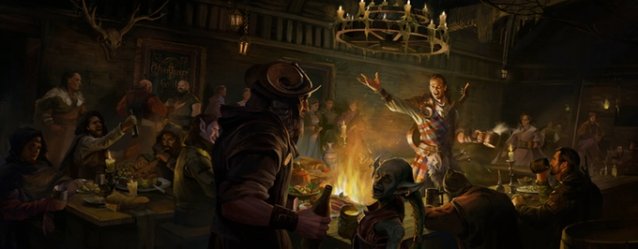
The Bard’s Tale IV is a Kickstarter-funded role-playing game from InXile, the studio behind Wasteland 2. With the crowdfunding campaign coming to a close, Gameranx reached out to InXile CEO Brian Fargo to talk about the upcoming title and crowdfunding. We even got a little personal.
The following interview was conducted over e-mail.
Disclosure: Ian contributed $112 to the Kickstarter for The Bard’s Tale IV.
---The Bard’s Tale IV’s campaign has been on Kickstarter for close to a month now. What have you learned in the process of crowdfunding? Has this campaign gone similarly to those you’ve ran in the past or are you finding that it gets easier as you get more successful KS under the belt?
No Kickstarter campaign is easy, the ground rules for success change constantly. What worked for you last year is not guaranteed to work again. On one level it's been "easier" in terms of having credibility for having delivered with Wasteland 2 thus having the support of so many of our previous backers.
What has become increasingly difficult for all companies that crowdfund is getting press coverage. Being out of sight means you are out of mind.
One big shift worth mentioning is how the Shenmue Kickstarter was announced. Having a company of that size announce via a live event with hundreds of thousands of people watching is a big deal. It's a great reminder of who the big guys are.
It’s been interesting over the years to see where old Interplay IPs end up; there are countless horror stories about licenses to old beloved franchises wasting away in legal hell. Was it difficult to get the rights to Bard’s Tale?
Getting the rights to Bard's Tale has been a function of patience and diligence over difficulty. In the boxed games world you could have trademarks expire due to non-usage and after enough years that is what happened with the Bard's Tale and Wasteland.
Copyright is a whole other matter and those take decades to expire but EA was gracious enough to work with us both on properties to allow us use of the copyright. So in both cases it took me two decades worth of patience to be able to return to these worlds.
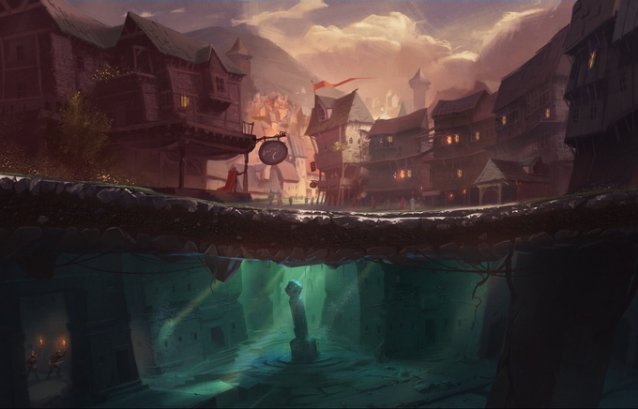
What's it like having a big chunk of the old Interplay/Black Isle Studios team back together?
I love working with all those people, they're smart, passionate and love what they do. One of the greatest appeals of the games business to me is that you get work with talented people every day and no week is ever the same. I think we also all appreciate the opportunities we have now after being put through the ringer for so many years.
Where did you see yourself in 30 years, 30 years ago? How's everything panned out compared to your expectations?
I find that putting expectations in place leads to disappointment so it's been best to focus on creating something special and let the rest take care of itself. It's been a roller coaster ride and I certainly would have done some things differently and avoided some projects but it's all part of a growing experience to make you a better artist or person, assuming it doesn't kill you in the meantime.
I certainly don't have a clue or expectation of where I am 30 years from now but I suspect I'll have some device strapped to my head for VR or be in some weird AR hallucination.
There have been a number of times when gamers have doubted the viability of a Kickstarter campaign due to unrealistic goals, budget, and features. As a developer with two (and now three) successful campaigns completed, what are your thoughts on the public perception of Kickstarter and crowd funded games? How do you see your future efforts impacted by the failures of other Kickstarter campaigns?
I find that the public's perception of crowdfunding is ever changing, one month it's dead and the next everyone is excited again. There is certainly a friction with the desire to create something special yet not budget for very much money. And each campaign has unique aspects that no single concept applies to communication.
In some cases, we have Kickstarters that already have a partner in place which gives an illusion of money required. The craziest concept of crowdfunding is giving a ship date before you have started, no publisher in their right mind would do such a thing, but it is a requirement.
At the end of the day it is the same as it ever was, late games that drive over budgets and feature changes. This has been true for 30 years and it will be true for another 30 years whether the game is crowdfunded or published.

Will you ever go back to traditional publishing?
In some ways that decision is up to the audience who appreciates my work and their continued support. I've thoroughly enjoyed being able to have all my teams here spend 100% of their energies making the games better rather than jumping through hoops to get paid.
The Bard’s Tale is one of the oldest, and most recognizable classic role-playing game franchises. As with Wasteland, there’s pressure to live up to its legacy. What are your biggest fears in developing The Bard’s Tale IV in a gaming era that pines for nostalgic throwbacks but is also rife with new conventions that the modern player expects in an RPG game?
There is certainly no lack of pressure when you try to take these beloved franchises and then create them with money from the very gamers who are going to play them. It's the timespan between the sequels that make it a tricky proposition, normally you would have had incremental changes over the years. In these cases we jump forward decades and the tastes, desires and time available to the core audience varies greatly from person to person. There are some folks that would genuinely be happier with a game that looked like it came out in the early 90's but that would not be doing the Bard's Tale justice to me.
The series would have naturally progressed over the timespan and there have been way too many technological and UI breakthroughs to be stuck in that era. Instead we focus on the core elements of gameplay like tight mapping exploration, party and phase based combat, riddles and poems, and the character classes they grew up with. And if a player wants to make it really difficult like in the first games and only allow for saving the game in the Adventurer's Guild, we'll make that an option. I actually quite enjoy the exercise of bringing it all together in a new package.
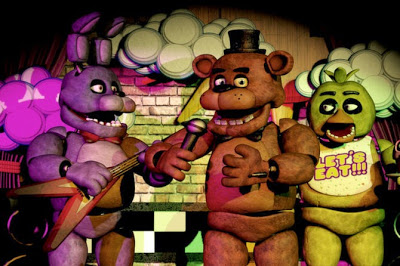

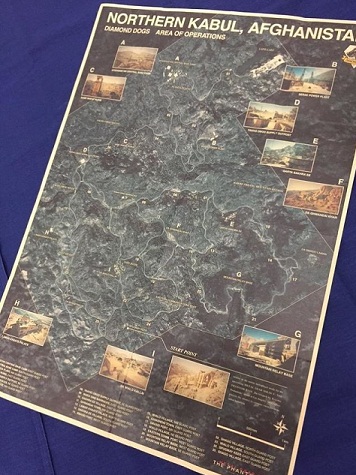

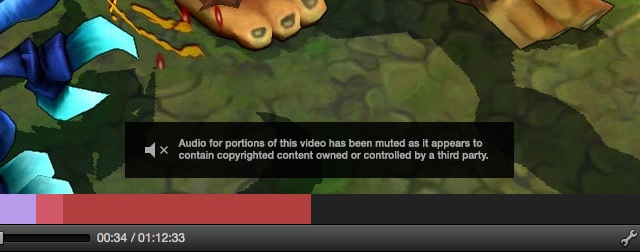 Is Hitbox The Twitch Alternative For You?
Is Hitbox The Twitch Alternative For You? Fallout 4 At E3 2015
Fallout 4 At E3 2015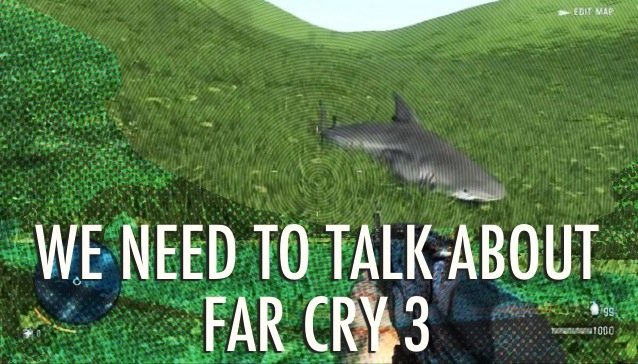 We Need To Talk About Far Cry 3
We Need To Talk About Far Cry 3 Mad Max Wiki – Everything you need to know about the game .
Mad Max Wiki – Everything you need to know about the game . Pokemon X and Y: Mega Stones Location Guide
Pokemon X and Y: Mega Stones Location Guide